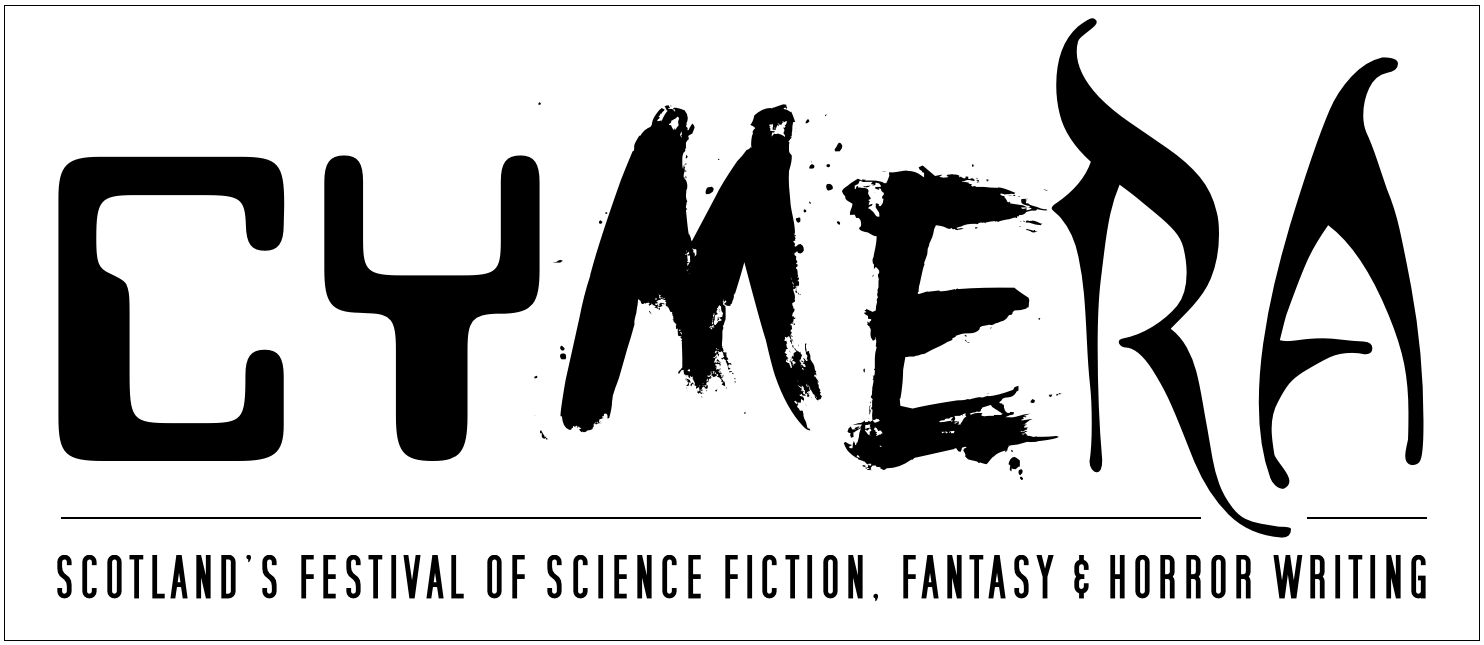Future technologies are at the centre of three diverse dystopian tales:
In the short fictions collected in The Flicker Against The Light and Writing The Temporary Uncanny , author Jane Alexander investigates virtual reality, biotech, data surveillance and communications technology.
The sci-fi thriller Inscape by Louise Carey is set in a tech-driven dystopian future where warring corporations battle over the ruins of our world.
In The Actuality by Paul Braddon, Evie is a near-perfect bioengineered human in a future where her kind is outlawed. After the death of her “husband”, Evie must take her chances and figure out if and how to make a life of her own.
About the event:
Chaired by Nicole Brandon
Running time: 60 minutes
Tickets: £3 / £5 (plus 50p booking fee)
The event will be live on Zoom.
About the authors:
Jane Alexander is the author of The Last Treasure Hunt, which was selected as a Waterstones Debut of the Year in 2015, and A User’s Guide to Make-Believe. Her short stories have won awards and been widely published. In 2018, she completed a PhD in creative writing, exploring the contemporary uncanny in short fiction. Her forthcoming projects include a collection of unsettling short stories about every day and near-future technologies. She currently teaches at the University of Edinburgh.
Louise Carey is a fantasy and science-fiction author. Her debut trilogy of novels starts with Inscape: ‘A propulsive thriller… with great twists and reversals’ (4 stars – SFX). She has co-written two fantasy novels, The City of Silk and Steel and The House of War and Witness, as well as a graphic novel, Confessions of a Blabbermouth. She also writes for the Dungeons & Dragons blog Tabletop Tales, which she runs with her partner, Camden. When she’s not writing, Louise can usually be found playing board games, reading horror, or DMing for a group of rowdy but well-intentioned adventurers.
The writing bug first bit as a teenager when Paul Braddon entered a sixth-form essay competition and shocked himself by winning a runner-up's prize. Heady stuff! But the real surprise was how much fun telling a story could be when he wasn’t being directed what to write. Anyway, he was now sold on a career as a novelist and the only sensible step was to study English Literature at university, although unfortunately, after three years of Dickens and Wordsworth, he was no nearer to being published. He went on to spend years on a lovely story titled The English Witch over which his friends were generous. After a few more attempts, each an improvement on the last, he came up with The Actuality.

